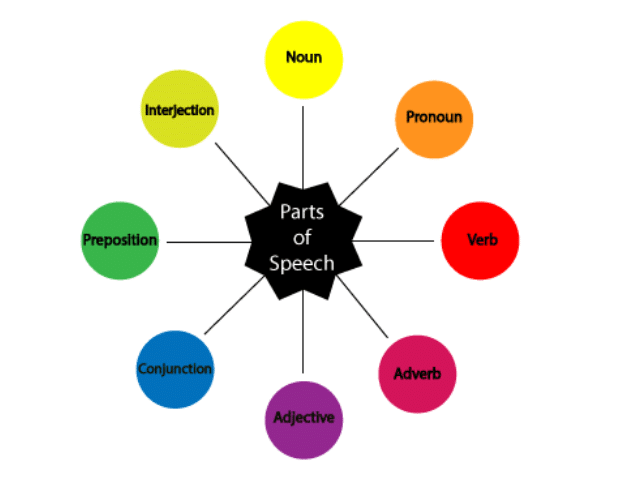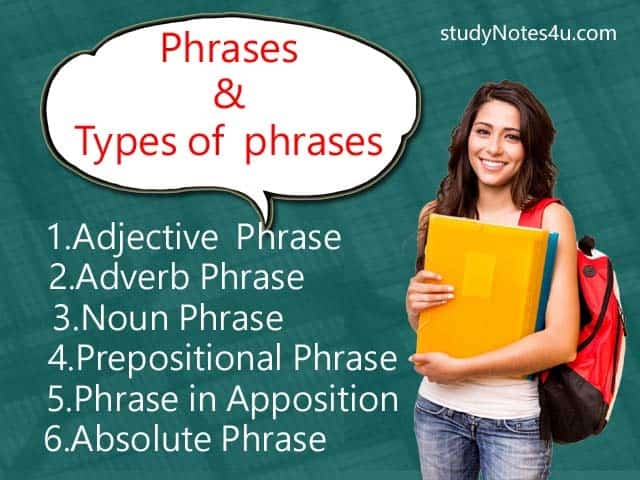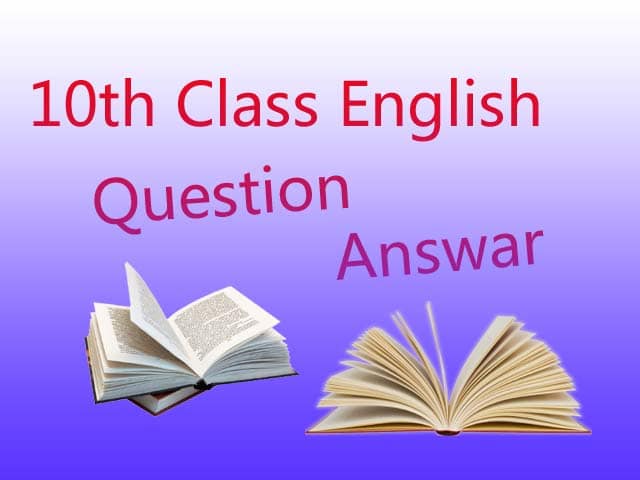
A Clause is a group of words that contains its own subject and predicate.
Examples of Phrase and Clause
- Phrase: I gave him a gold chain.
- Clause: I gave him a chain Which was made of gold.
- Phrase: The boy with blue eyes in my cousin.
- Clause: There came my cousin who had blue eyes.
- Phrase: Mercury gave woodcutter a gold axe.
- Clause: Mercury gave woodcutter an axe which was made gold
Types of Clause
- Adjective clause
- Adverb Clause
- Noun Clause

1.Adjective clause
An adjective clause is a group of words which has a subject and predicate of its own. It is used as an adjective to qualify Noun or Pronoun or it denotes relation to a Noun or Pronoun. In simple words, if the word qualifiers a Noun or Pronoun, it is called Adjective. When a Clause qualifies a Noun or Pronoun, It is called Adjective Clause.
For Example
- This is the boy who stole my pen.
- This is the horse which runs fast.
- The man whom I do not know came here.
2.Adverb Clause
The part of speech that modifies an Adjective, Verb or another adverb called the Adverb. When that same function is performed by a clause, it is called an Adverb Clause. This clause begins with a subordinating conjunction.
Linkers of Adverb Clauses & Use of Adverb Clauses
- Time
- Place
- cause or reason
- effect or result
- Extent
- Manner
- Comparison
- Contrast
- Condition
- Purpose
Adverb Clauses of Time
They are introduced by subordinating conjunction like when, whereas, while, before, after, ere, till, until, since, as soon as.
For Example
- You can meet me when the class is over.
- He left as soon as I reached.
- He left while I was busy.
Adverb Clauses of Place
They are introduced by subordinating conjunction like Where, Wherever, Whence, Whither.
For Example:
- I shall go wherever I like.
- He can go back whence he comes.
- He can stay where he likes.
Adverb Clauses of Purpose
They are introduced by subordinating conjunctions like: ”that, lest, so that, in order that.”
For Example:
- We eat that we may live.
- Walk carefully lest you should slip.
- He studies hard in order that he can get good marks.
Adverb Clauses of Cause or Reason
They are introduced by subordinating conjunctions like: ” because, since, that, as, for etc.”
For Example:
- He succeeded because he worked hard.
- You can go home since you are not well.
- I spoke to his brother as he was not present.
Adverb Clauses of Condition
They are introduced by subordinating conjunctions like: ”if, unless, whether, in case, on condition, provided, supposing that.”
For Example:
- If it rains today, I shall not go out.
- You will not pass unless you work hard.
- I shall go in case he comes.
Note: Sometimes, subordinating conjunction is omitted in the past conditional.
Adverb Clauses of Effect or Consequence
They start with subordinating conjunctions like ”that, so- that, such – that”
Note: ”So or Such” are used before ”that” as a principal clause:
- He worked so hard that he won first position.
- They were so tired that they stopped.
- He ran that he overtook us.
Adverb Clauses of Comparison
They are introduced by subordinating conjunctions like:
- A) In Positive Degree: as-as, so-as, such-as
- He is as brave as Ali
- B) In Comparative Degree: than
- Ali is taller than Ahmad.
Adverb Clauses of Contrast
They are introduced by ”Though, Although”
- Although he is healthy yet he is cowardly.
- Though he worked hard, he failed
Adverb Clauses of Manner
They are in introduced by ”as, as if.”
- I hit the ball as I liked.
- He cannot do everything as he likes.
- He acted as if he had been traind.
Adverb Clauses of Supposition or Concession
They are introduced ”Whoever, Whatever, whichever, however, whether, even if”
- I shall do it however hard it is.
- Even if he is old, he does a lot of work.
- He can choose whichever he likes.
3.Noun Clause
When a clause serves the same purpose in a sentence as is served by a noun, It is called the Noun clause. It is used as a noun. It contains a subject and predicate.
Use of Noun
- As a Subject
- As an object in a sentence
- As object of a Preposition
- As object of an Infintive
- As object of a Participal
- As Complement to a Verb
- Apposition to a Noun or Pronoun
Read More: The Phrase | Types & Kinds of Phrases



Cool Article.
I like this website very much. I suggest you to read this
Great post
very good
after a long time, i found your blog which has a good knowledge
Bravo, magnificent phrase and is duly
A person necessarily help to make critically articles I’d state. This is the first time I frequented your web page and thus far? I surprised with the research you made to create this actual put up incredible. Fantastic activity!|